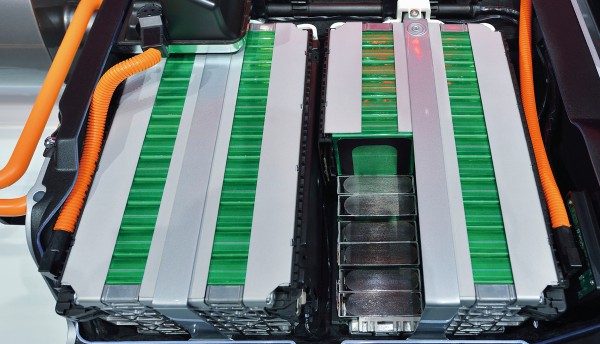
US-based electric vehicle (EV) manufacturer Tesla is rumoured to have signed a non-binding memorandum of understanding (MoU) with a Chinese government-backed property company, Jinqiao Group, to produce models in China. Under the deal, each party may invest CNY30 billion (USD4.5 billion) in the partnership, making the overall value of the deal estimated at USD9 billion, with the Jinqiao Group to put up land for its investment, reports Bloomberg. The leading locations bidding for the production base include Suzhou in Jiangsu province and Hefei in Anhui province.
Significance: Tesla has recently claimed that orders for the Model 3 have reached over 374,000 units, with many of these orders coming from China. Sales of the Model 3 are expected to begin in China in 2018, but the current sales price of the model is expected to be significantly higher in China than in the United States due to import taxes and other costs. With a local production base, Tesla would aim to reduce the price disparity between models sold in China and in the United States. Tesla has so far declined to comment on the reported non-binding MoU with the Jinqiao Group. IHS Automotive's light-vehicle sales, production and components analysis teams state that production in China by Tesla is possible by end-2018. In the event of beginning production in China, the automaker would source batteries from Panasonic, which already has a production base in Suzhou. IHS Automotive light-vehicle production forecasts show that Tesla is expected to begin production of two related models in China – the Model 3 and a sport utility vehicle (SUV) variant of the Model 3. Meanwhile, new regulations on producers of pure EVs mean they no longer have to form a joint venture with a Chinese vehicle manufacturer to gain a production licence in China. However, the licence limits manufacturers to only produce EVs and does not allow them to then produce regular combustion-engine vehicles. Meanwhile, Panasonic has announced a new USD415-million EV battery production facility in Dalian, Liaoning province, which is due to begin operations in 2017. In 2012, Panasonic added a lithium-ion battery factory to its existing base in Suzhou.








